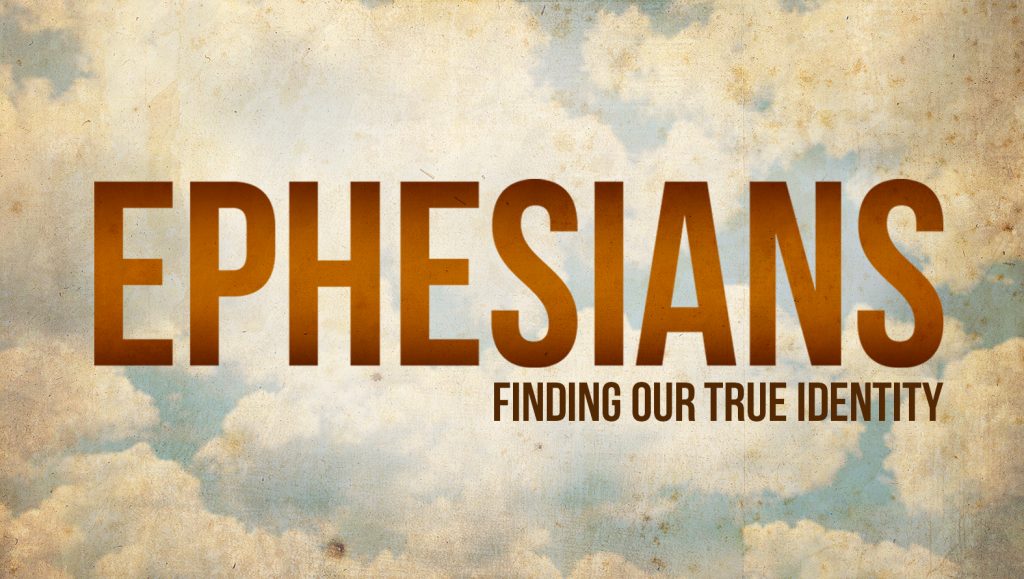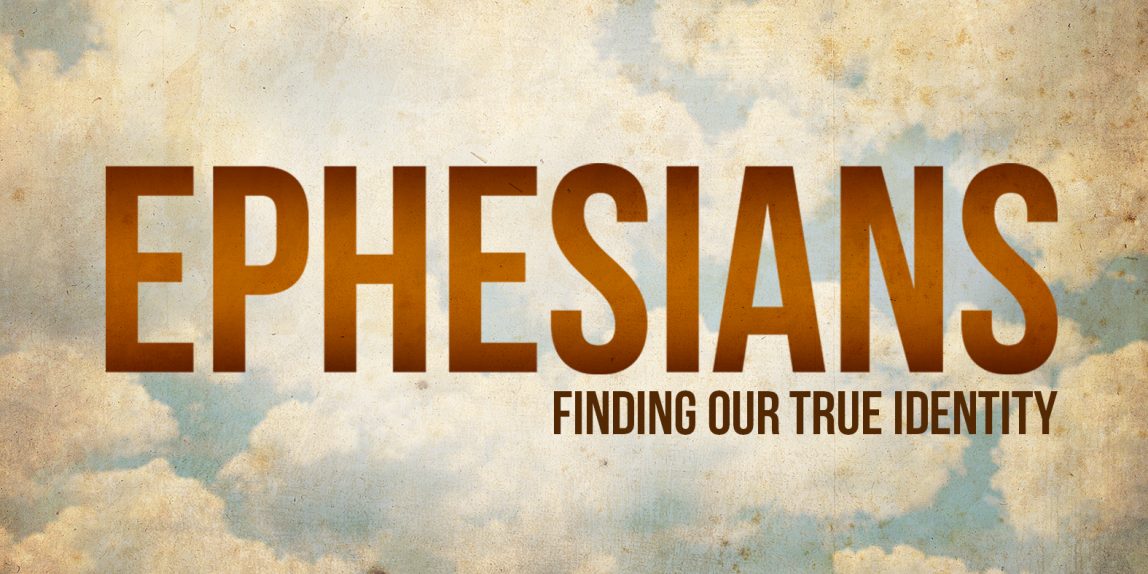
Ephesians – A Primer
Download MP3 (right click and Save Link As)
TEACHING NOTES/TRANSCRIPT
The story goes like this:
She had gone down in history as “America’s Greatest Miser”. Known also as the Witch of Wall Street, when she died in 1916, Herietta Howland “Hetty” Green left an estate valued at over $100 million. She ate cold oatmeal because it cost too much to heat it in her eyes. Her son had to suffer a leg amputation because she spent too much time trying to find a free clinic and by the time she did, his condition had worsened to the point of no return. She was wealthy beyond imagining and yet she chose to live like a pauper in poverty.
Some people hear that story and are amazed. How could a women be so obsessed with money? Yet, this is the picture of so many Christians today. They live in spiritual poverty, barely scraping by, living on scraps when they have true riches. They have limitless wealth and yet live like like they are on the verge of bankruptcy. Life to them is survival instead of life abundantly. It is because they don’t truly know who they are in Christ. They truly do not grasp what it means to be a Christian. They are oblivious to their identity in Christ.
As we come into a new year, we also come into a new book of Scripture. We as a small church have been through many books of the Bible in the six years that God has graciously formed us. It is exciting to look at this upcoming year and the plans that we are laying out before God to see what He will do.
Ephesians is a six chapter book that is packed with so much divine truth that even as we make our way through this book, we will not exhaust the depths of what it is saying. Yet, once we are done, as we work through this book, you will began to see what God has said about us and who we are intended to be. This is the book about what it means to be a disciple of Christ.
That being said, we are going to start this morning with just a glimmer into the book by taking some of the verses therein and lightly brushing over them in preparation for a deeper study.
In chapter 1, it begins by throwing us into some of the deepest truths of Scripture, truths that men have debated for centuries. In Ephesians 1:5, it tells us how the Lord has predestinated us, introducing us to the volatile doctrine of predestination. Paul doesn’t pull any punches in laying this out at the onset which means that understanding this doctrine is critical to understanding our identity in Christ and our faith in general.
In verse 17, after having given great truths and deep mysteries, he prays that we would have understanding and revelation concerning Him. Here it is not a big surprise as to what the source of that wisdom and revelation is. It is the very word of God (Psalm 111:10, Proverbs 4:7).
Notice how these things are revealed. We cannot through pure human wisdom and knowledge understand the things of God. These are things that must be revealed from God Himself. It is God alone who reveals those things about Himself through His word. This is not a feeling. This is not some mystical sensation inside of ourselves. It is first and foremost revealed through His word which is why we are exhorted to know the words of Christ through the Scriptures (John 5:39, Acts 28:23).
In chapter 2, we move on into one of the most well-known sayings in all of Scripture. This is how we are saved (Ephesians 2:8). It is here that we begin to understand that we have nothing to do with our salvation. That what we have in terms of faith is something that is given to us. We do not decide one day that we are going to follow God. Man does not want to follow God (Psalm 14:2-3). Man does not make the decision in and of Himself to “get right with God”. He does not “find religion”. Man is the one that is lost and he is the one that has to be found (Luke 19:10).
Right after this is the express statement that we cannot do anything to earn our salvation (Ephesians 2:9). There are not enough works in the world that can earn our salvation. He then explains in what condition we were in and who is the One who has changed that condition.
In chapter 3, we are told what we have in Christ, mainly the privilege of being able to have an audience with God (Ephesians 3:11-12). This is important to understand because the unbeliever has no access to God. No right nor privileges. Their prayers offend God (Proverbs 28:9). This is a part of our inheritance.
In chapter 4, Paul begins to speak of the unity of the faith and how there is oneness in what we as the body of Christ should believe (Ephesians 4:4-6). This is where it begins to break down in the church today. We see all these schism in the church because we don’t understand what it means to be the church in conduct because we don’t understand God. We are scattered and fractured because our doctrine is not biblical and therefore we become more concerned about the wrong beliefs that we hold dear. People are being identified as the church who are not the church. Therefore, Paul lays out the essence of the true church, introducing what we call the five-fold ministry.
Towards the end of this chapter, Paul begins to take the truths which he has explained in the previous chapters and now turns it into practical living and use. He addresses things such as how we are to speak and treat others and how to deal with anger (Ephesians 4:26).
In chapter 5, Paul continues to build on the identity of who we are and concentrates on what that looks like being seen in the life of the child of God. The first verse tells us that we should be imitators of God, Christ Himself (Ephesians 5:1). He encourages us to shun the acts of the world and to live godly, exposing those acts as being wicked (Ephesians 5:11). He then brings it down to the most practical way of living which is in the home with the family with the husband, the wife, and the children.
Lastly, in chapter 6, he admonishes us to see our lives in Christ as a battle. That we have enemies and that we should fight those enemies in a certain way. That there is a way we are to defend and there’s a way we are to attack (Ephesians 6:13). As bishop J.C. Ryle once said, it is a call to “fight for your holiness”. He states:
“A true Christian is one who has not only peace of conscience, but war within. He may be known by his warfare as well as by his peace.”
Here is where it breaks down in most Christian people’s lives. People will only fight for what they cherish the most. When Christians don’t know who they are and how they have come to be that way, they fail to value the things that they have. We take for granted all of those great and precious realities (Luke 7:47).
Ephesians is a truly remarkable book in understanding who we are in Christ and who we are to be in Christ as we live in this world. My hope and prayer as we go through this book is that you will not only begin to understand who you are by revelation, but that there would be input in all of our hearts a burning desire to be what God has called us to be and to live our lives accordingly for the glory of God.

